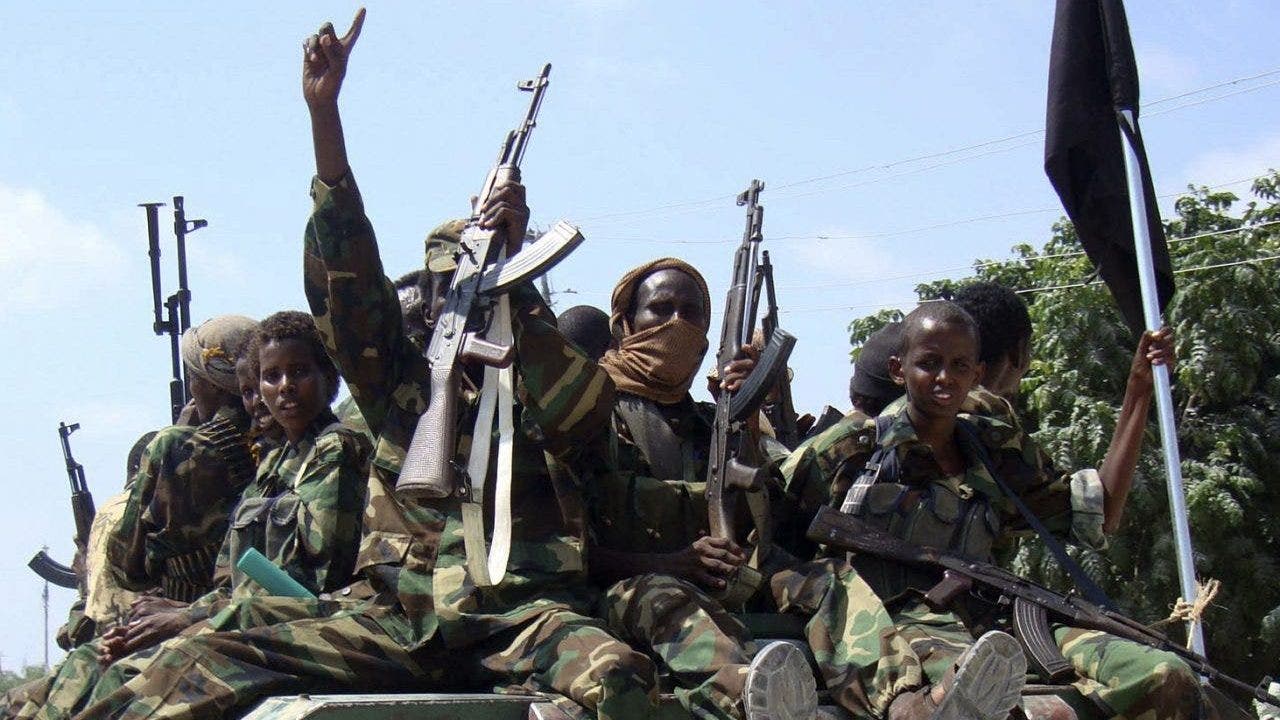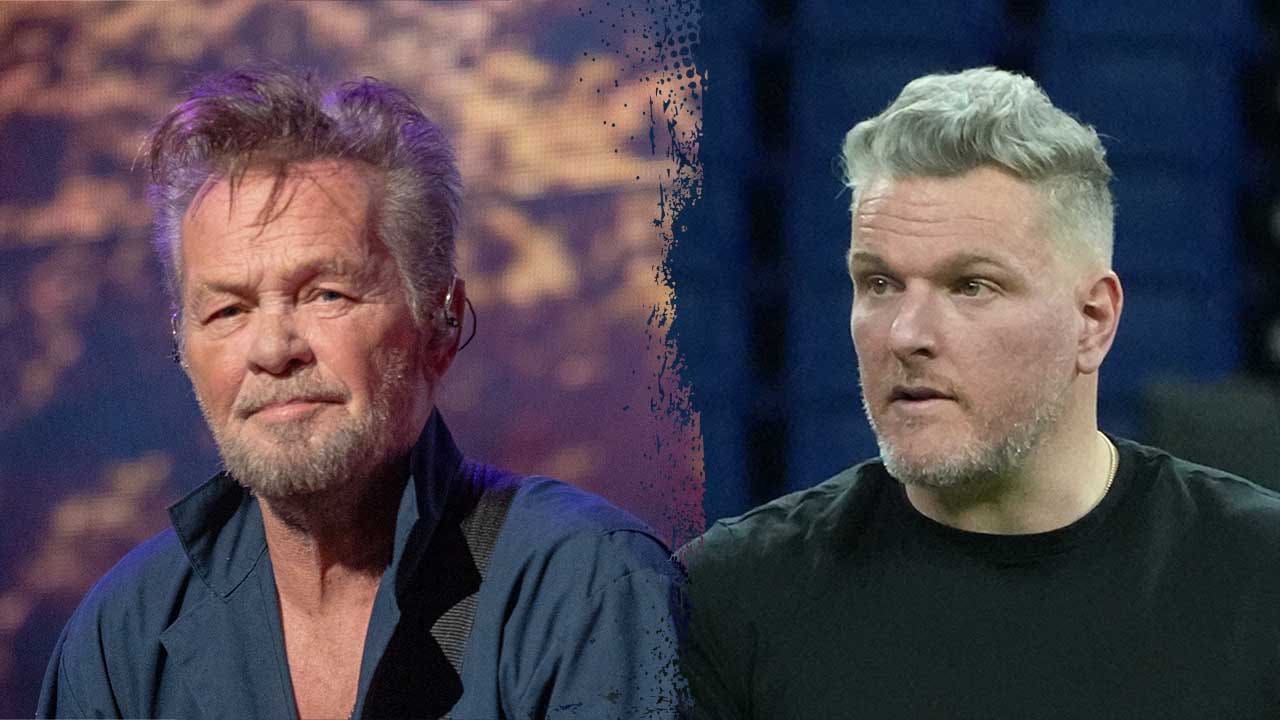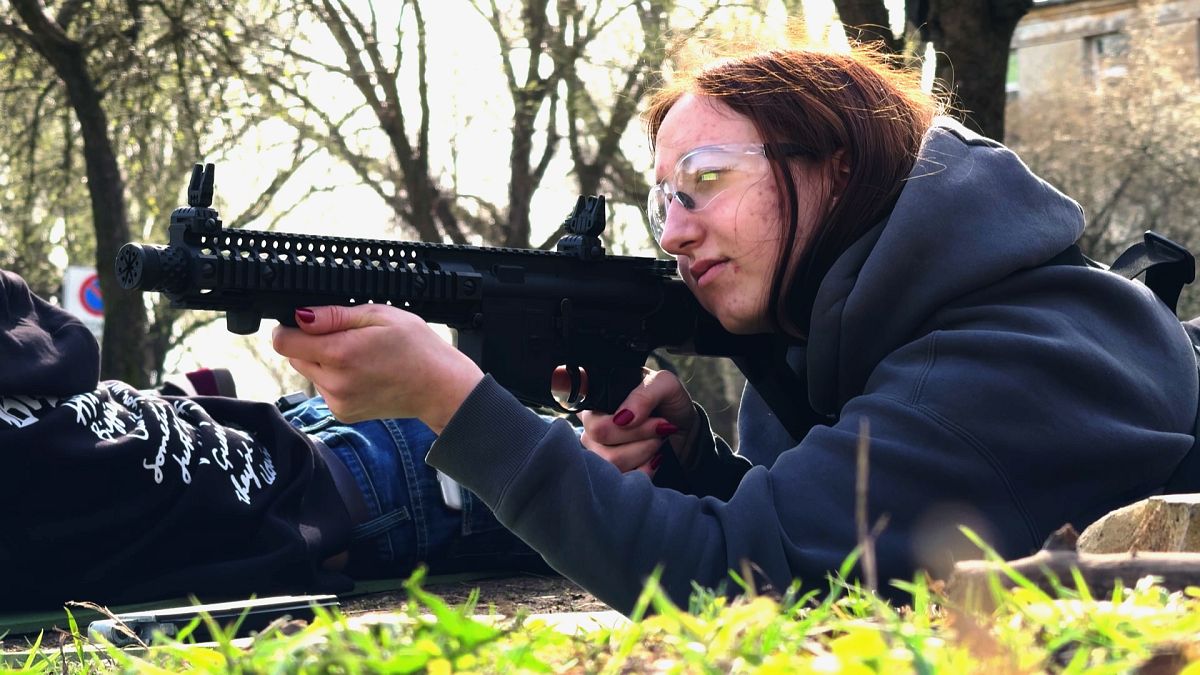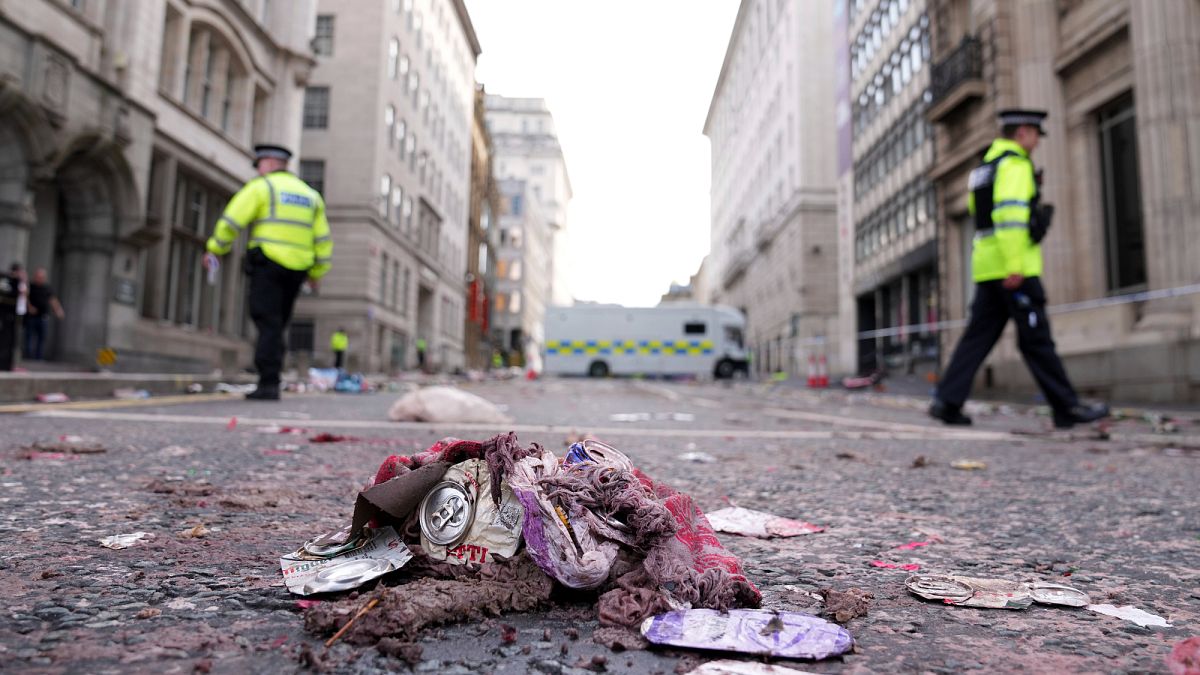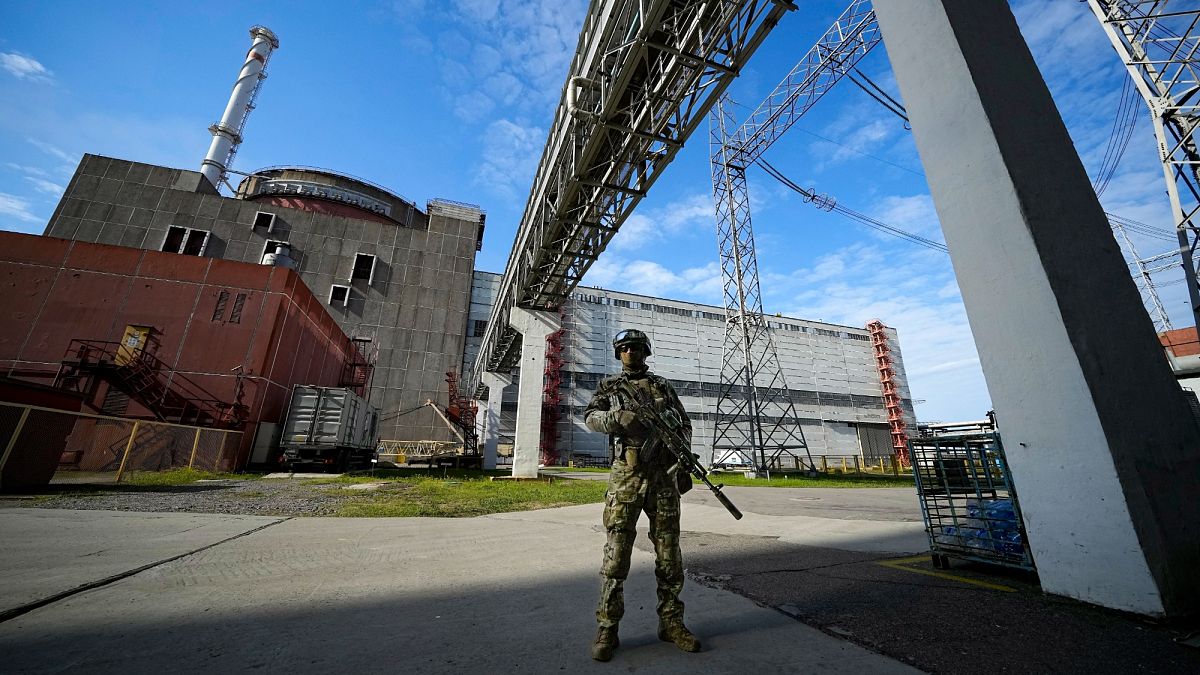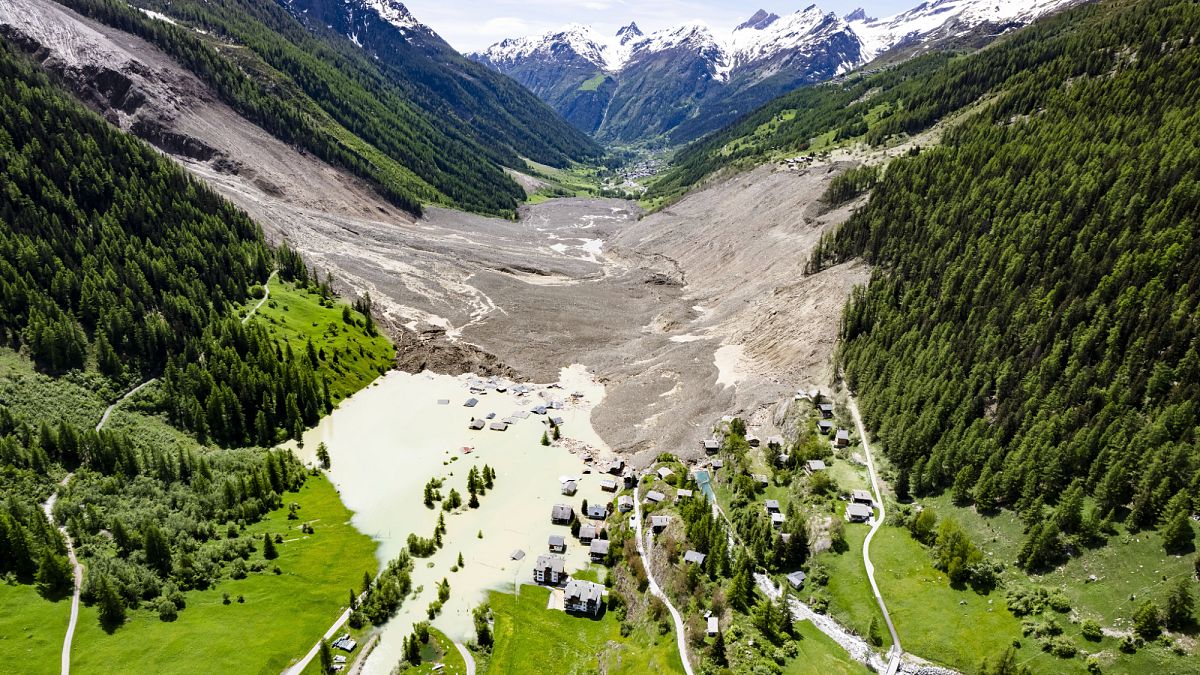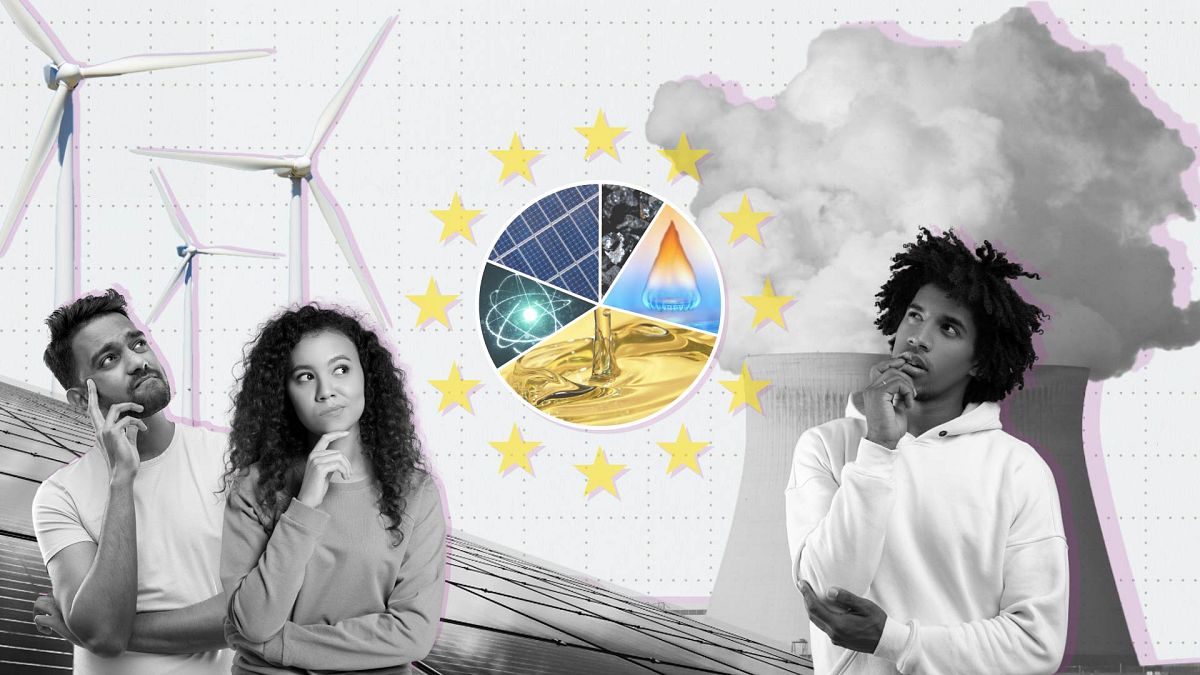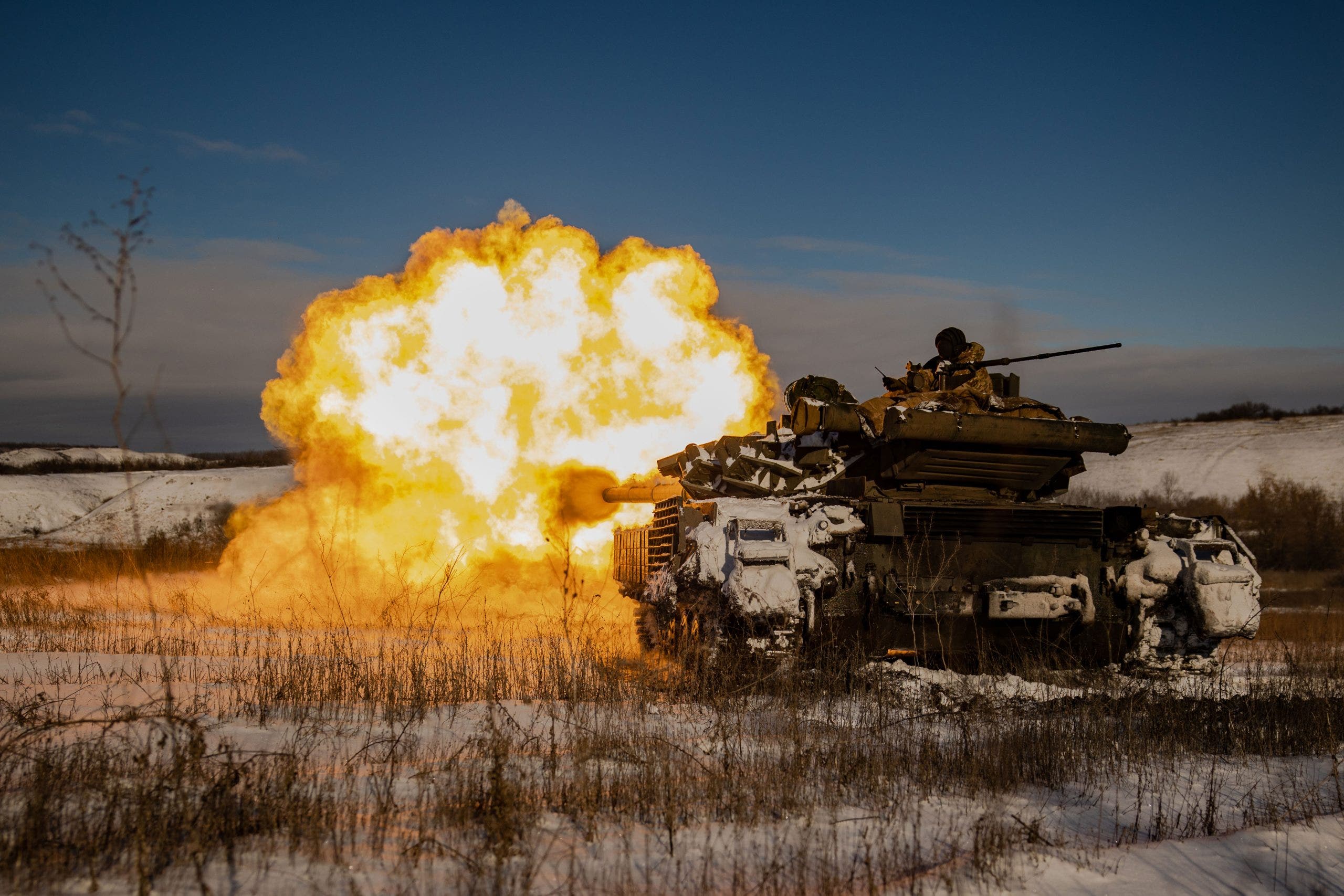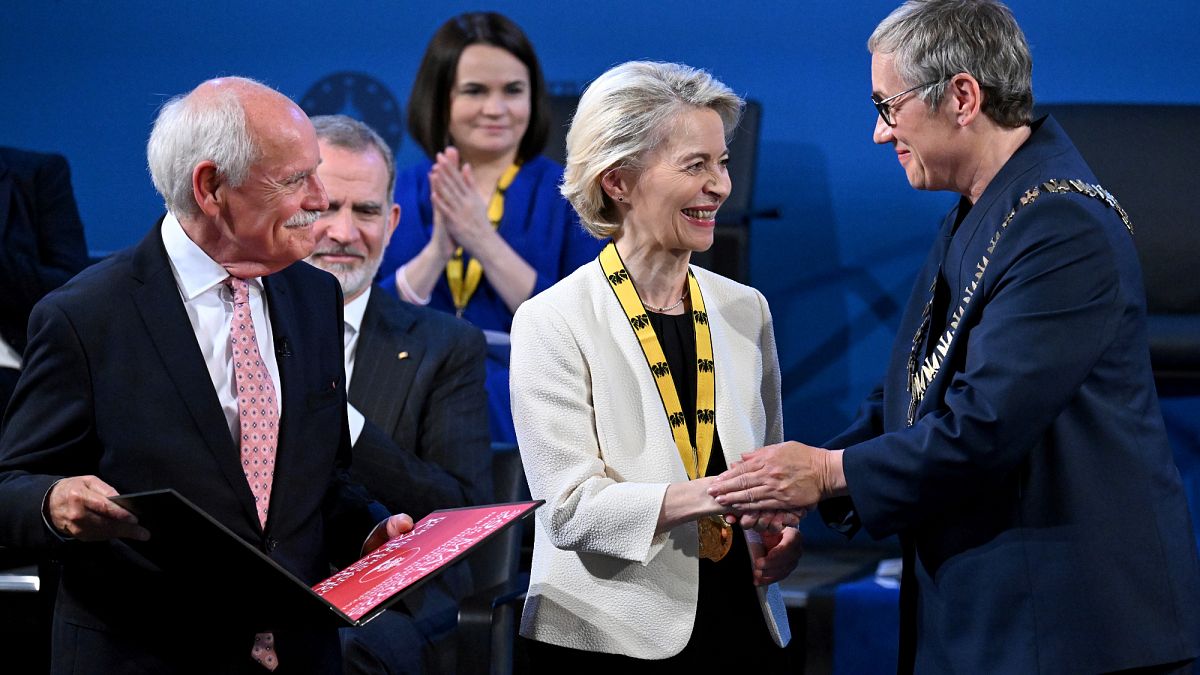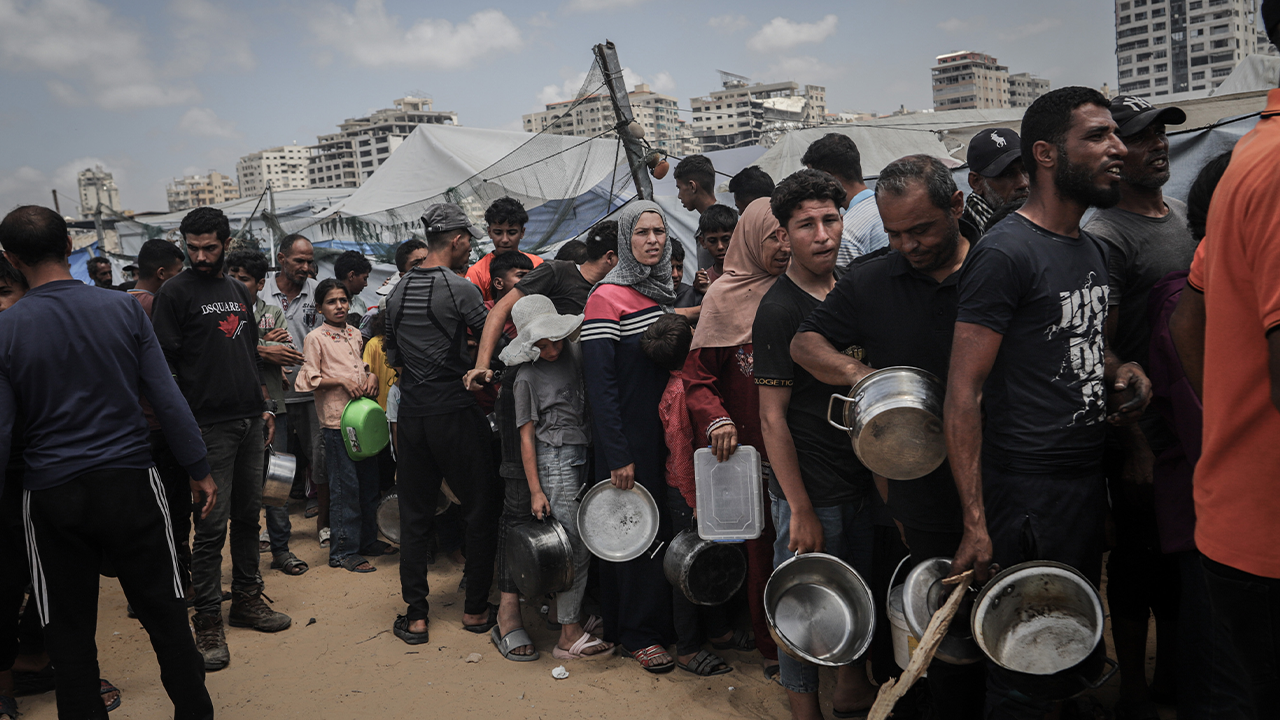One of the EU’s most secure borders is being built in the northeast of the European continent! Because Poland, Lithuania, Latvia, Estonia and Finland border Russia.
I am travelling in Latvia, on the external border of the European Union. Latvia’s big neighbour Russia spreads fear: Since the Russian war of aggression against Ukraine, many people in the Baltic states have feared that Moscow could also plan an attack here. Together, Latvia, Estonia and Lithuania have therefore begun the construction of the “Baltic Defence Line”. The Latvian part of the border fortifications alone will cost 303 million euros.
Dozens of concrete pyramids, known as “dragon teeth”, stand in front of a dilapidated stable building. Tank barriers! Latvia is thus protecting its part of the EU’s external border. It is expected to be “armour-proof” by 2028.
Next stop on my reporting trip is the Latvian NATO base Ādaži. Here, 3,000 NATO soldiers from 14 countries are practising for emergencies. The Polish Minister of Defence has just announced an increase in the number of troops. While defence spending in Poland and the Baltic states amounted to around two percent of economic output in 2020, it will soon reach five percent.
Back in the capital Riga: Together with Afghanistan veteran Andris, Roberts and Monika teach basic military skills – in schools! There are now 112 compulsory hours of military training at all secondary schools. Riga’s School of Tourism was one of the first to implement the concept.
Agnija and Agnese find the military history including weapons training good: “We have learned our way around the terrain and to make ourselves unrecognisable in the forest with camouflage paint,” Agnija lists, “we can also distinguish between different rifle types”.
“During off-road exercises, we learned military language, ‘enemy at four o’clock’ and so on, including the NATO alphabet,” adds school friend Agnese. “And we learned all about our patriots who did great things in the War of Independence.”
Agnese and Agnija are studying tourism and have already been to Spain and the Netherlands. Something like shooting training at school – even if only with compressed air cartridges – currently exists across the EU only in Latvia and Poland. Lithuania is also considering introducing military studies in schools.
“Our population is small,” Agnija says, “about 1.8 million people. Every citizen should have basic military knowledge.” Agnese agrees: “We also learn this in practice. If something happens, we’re ready.” Agnija takes the floor again: ” I am not afraid, because we are in the European Parliament and in NATO. We are protected – and we protect ourselves.” Then she takes aim, takes a quick shot – and hits the bull’s eye! Afghanistan veteran Andris is pleased.
I have an interview appointment with Defence Minister Andris Sprūds. “There are already several thousand allied soldiers on Latvian soil,” Sprūds emphasises. The foreign troop presence will be expanded.
Euronews: “Is the NATO deterrent still credible in light of developments in the US?”
Sprūds: “NATO is credible. Washington is sending clear signals that Europeans need to increase their military spending. These are the right signals. We should show unity, strength and willingness to invest. We in Latvia are already spending over three percent of our GDP on the military and are moving towards five percent.”
Euronews: “According to analyses by Baltic intelligence services, there is a risk that Russia could attack EU territory. Your assessment?”
Sprūds: “Russia is an aggressive country. Expansionist imperialism is firmly rooted in its DNA. We’ve seen it in the past and it will probably continue to be the case in the future. The best deterrent is to do our homework.”
Euronews: “Should the EU establish a joint army?”
Sprūds: “The national armed forces coordinate their activities so that they can act together. NATO is strong and vibrant. NATO must be preserved as such. NATO must become more lethal, as the new US Secretary of Defence put it. Because strength is something that Russia understands. We need to do more in the areas of arms industry, air defence, drone technology and artificial intelligence.”
Euronews: “What is your key message to the EU?”
Sprūds: “The EU’s ambitious rearmament project is important. This also involved a joint loan and grant system. We need to invest at national and European level. EU and NATO territory are protected, every square centimetre. That’s why protecting our external border is a top priority.”
Read the full article here





